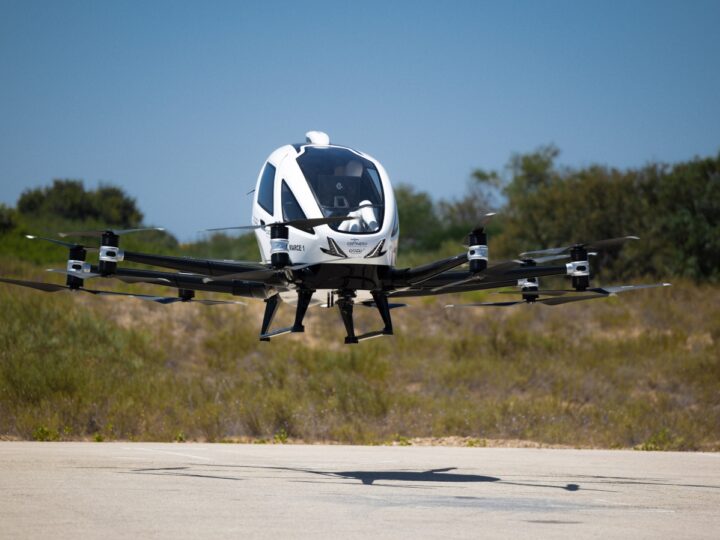One of the most out-of-the-box approaches proposed to stop the thousands of Gaza “fire kites” – the incendiary devices that have been sent over the border from the Gaza Strip into Israel on kites and balloons, setting fire to thousands of acres and landing occasionally in kindergarten playgrounds – was to shoot the kites out of the sky using remotely operated “racing drones.”
Drone racing has become a popular niche sport around the world. Participants build extremely fast and agile multi-rotor drones and race them against each other around a course. Serious drone pilots use FPV (first-person view) goggles to experience what the drone is seeing rather using a monitor and a joystick.
When a small team of drone enthusiasts gathered last year on the Gaza border, they demonstrated that they could effectively neutralize the fire-kite threat. But there are not enough skilled racing-drone pilots in the country for the army to recruit.
The learning curve is steep: Racing a drone at speeds of up to 200 miles an hour takes years of trial and error (and many broken drones) to perfect. Controlling a drone using FPV goggles can be disorienting at first and result in motion sickness.
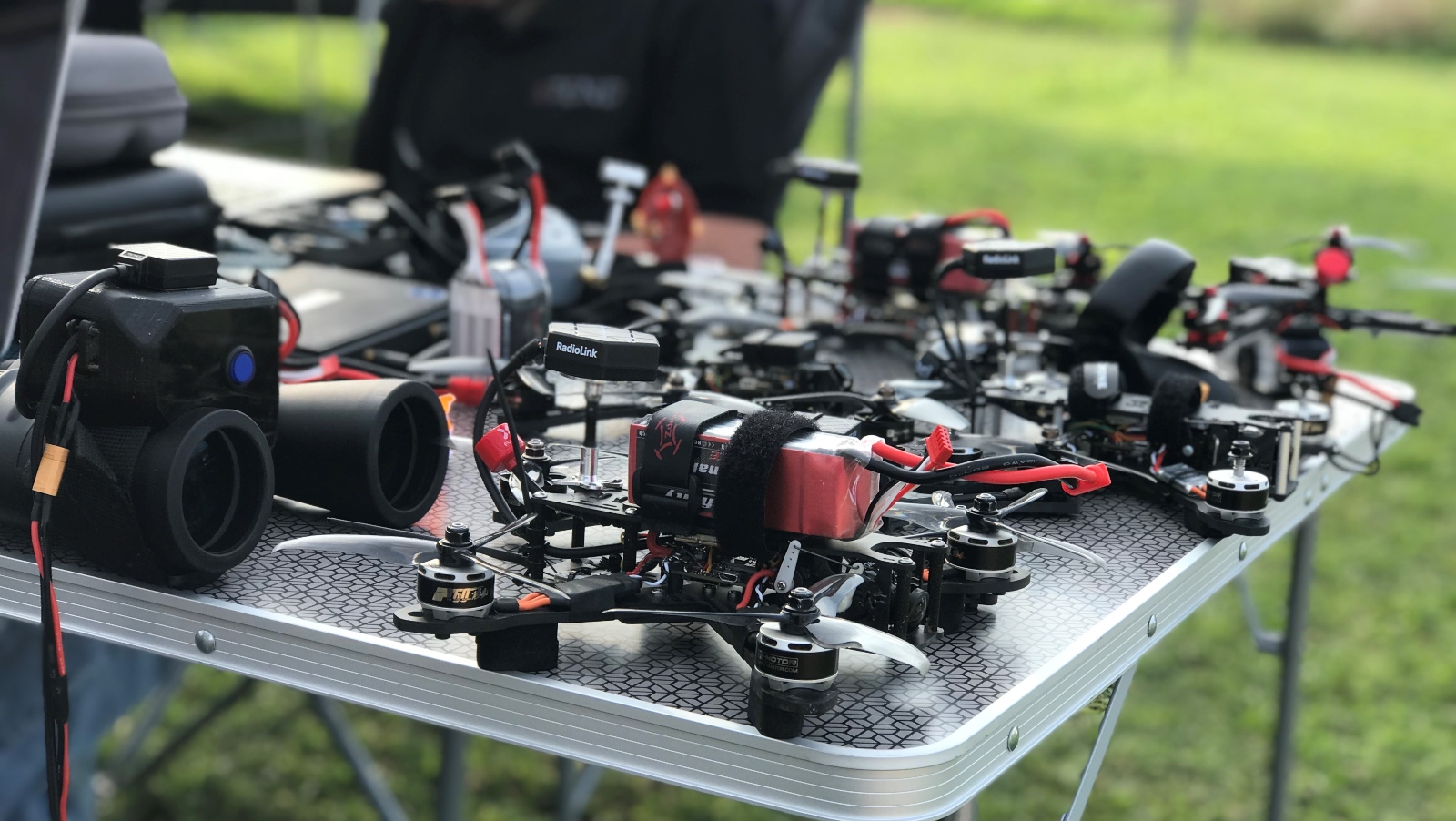
In the meantime, though, the fire kites keep coming.
That was the impetus for brothers Aviv and Matteo Shapira to found Xtend Reality Expansion, a company that aims to teach first-person drone racing in seconds rather than years.
“From childhood, every one of us dreams of flying,” Matteo Shapira tells ISRAEL21c. Imagine if that fantasy could become not only an exhilarating way to spend leisure time, but a job saving lives.
Xtend has built its first drones and is working with headset makers to customize the visual control interface. The key is building a sophisticated hand-eye coordination system, essentially allowing drone operators to fly by pointing.
“You move your finger like a laser pointer and the drone moves,” Shapira explains. “If you point at the end of a tree, the drone knows you’re pointing to the edge of that tree. Then we developed the flight mechanics to tell the drone to fly there.”
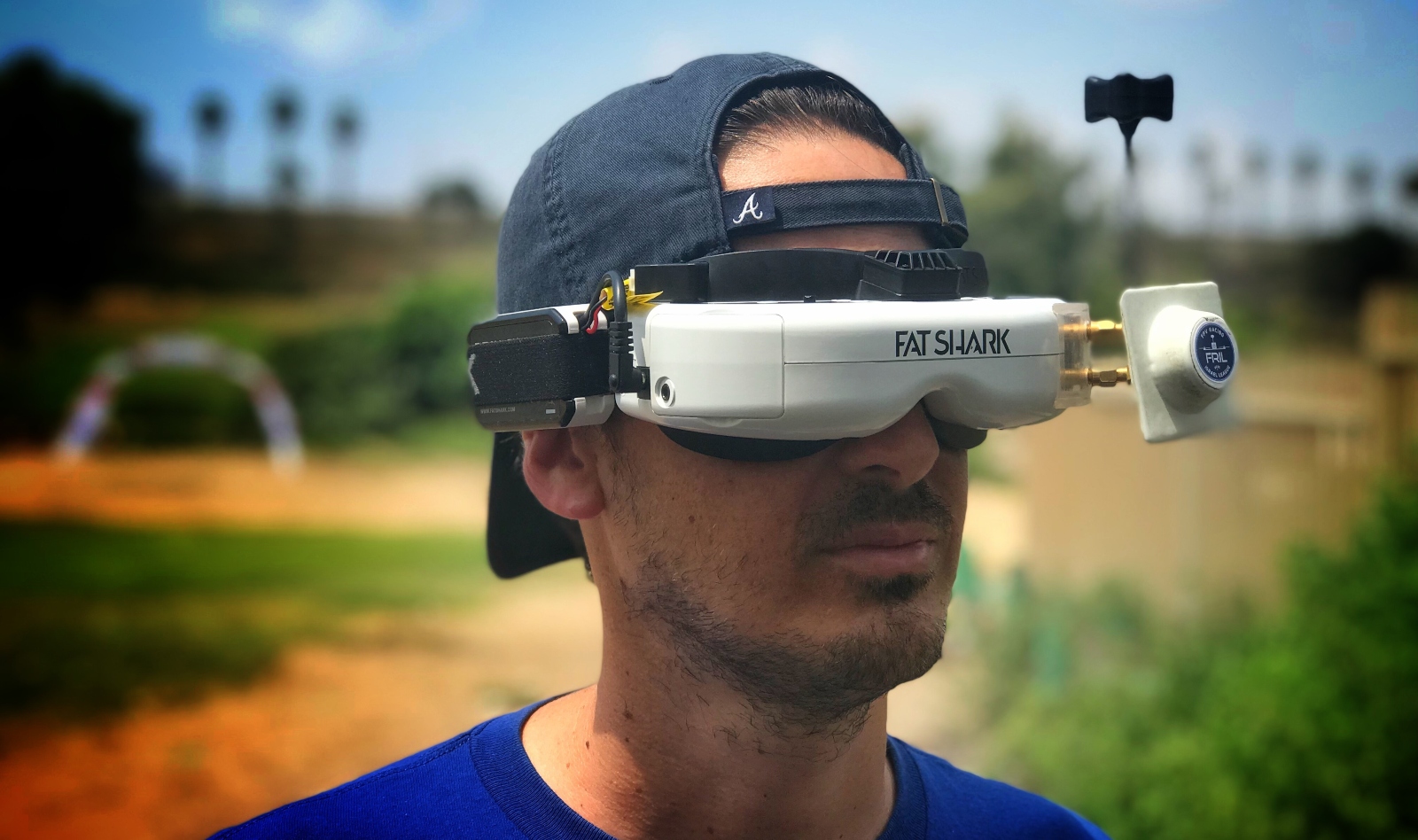
That’s a big change from the way most drones work today.
“Commercial drones have a basic ability to go up and down, left and right,” Shapira continues. “The movement is very raw. It’s not terribly accurate. It’s mainly to take photos.”
There are also drones that fly autonomously and are used to secure the perimeter of a sensitive industrial site or for monitoring and treating crops.
The Shapira brothers honed the technology while at their previous company, Replay Technologies, whose freeD system stitches together in real time the images coming from some 38 ultrahigh-definition cameras set up around a sports stadium to create a 360-degree immersive view for home viewers.
Replay’s technology was acquired in 2016 by Intel for $175 million. A year later, freeD had been installed in a dozen US sports stadiums and a deal was inked with the National Football League. The product is now known as Intel True View.
“We started to think, how can we take what we know to the next step?” Matteo Shapira recalls.
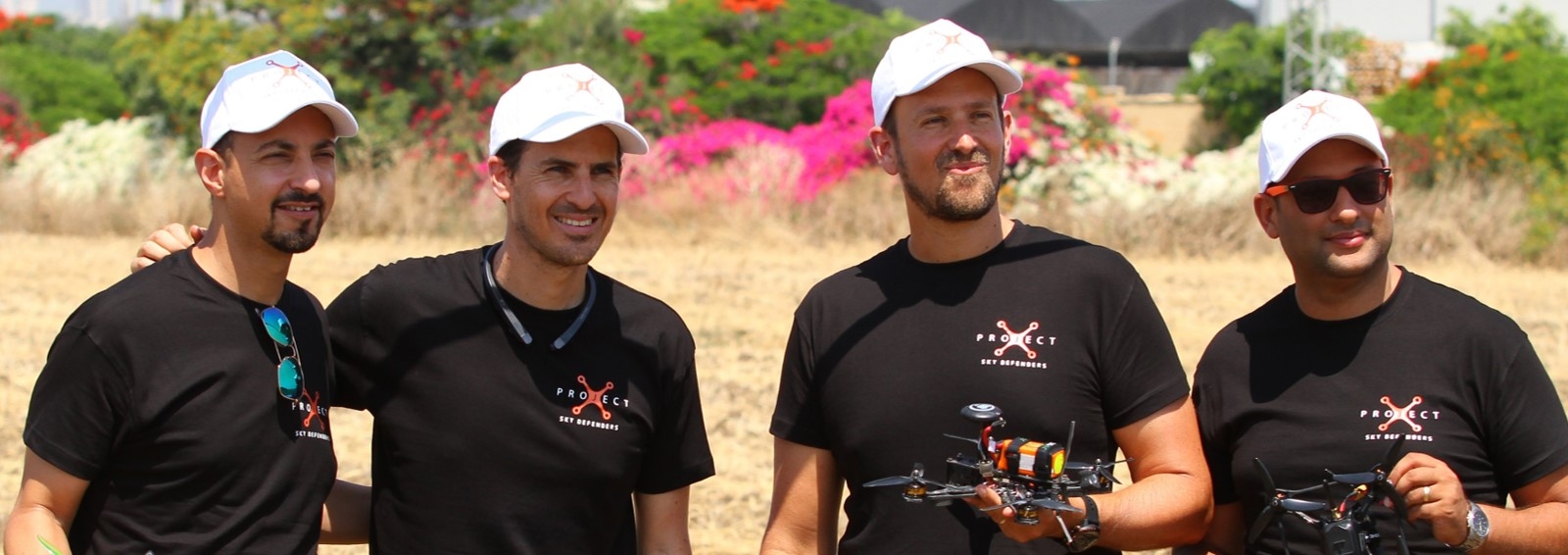
Aviv had designed and flown drones in the Israeli Air Force and as a manager at Israeli defense contractors Elbit and Israel Aerospace Industries. Why not wed the immersive 3D technology they’d developed at Replay with the increasing popularity of drones and drone racing?
Xtend is targeting homeland security as its first market. “This is where the biggest gap exists, one that can be very well identified and solved. It’s an enterprise product that addresses real pain,” Shapira says. That includes shooting down fire kites. “Ultimately, though, we see this as a consumer platform.”
How might consumers use Xtend? Imagine going on a safari from the comfort of your living room. Shapira envisions Xtend customers renting a drone from a local tourism company in Africa, then piloting it virtually around the Serengeti.
If the image of the Tanzanian countryside saturated with buzzing drones is a bit off-putting, Shapira says, basically, “Get used to it.” Once regulatory issues are worked out, people will be first-person droning everywhere, from Times Square to the Grand Canyon.
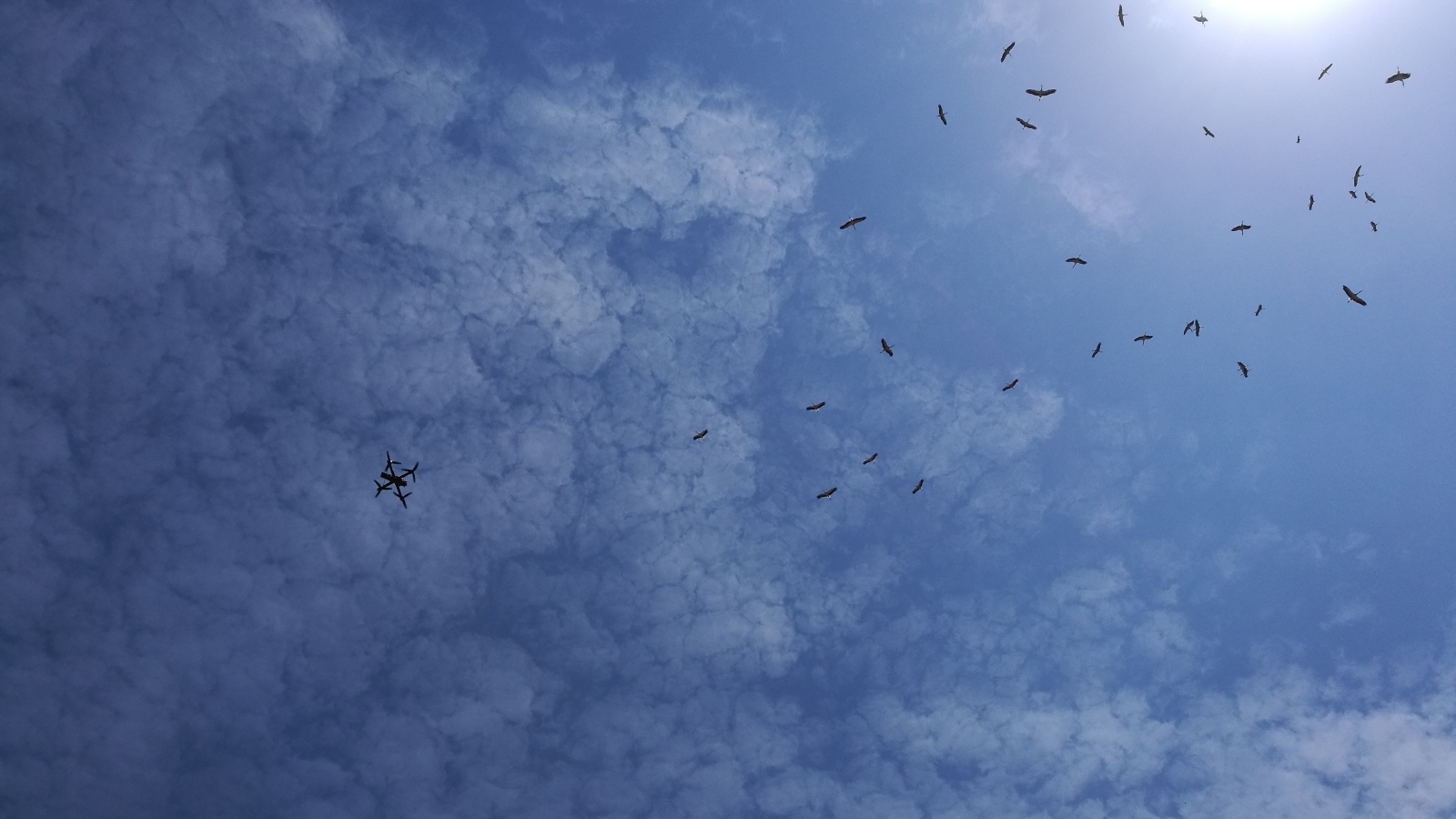
He predicts that in five years, you’ll see a lot of people walking around with VR headsets that look like big sunglasses. “If you want to talk with someone, you’ll just take them off or put them on your forehead.”
Xtend – with Aviv Shapira as CEO and brother Matteo as CXO (chief experience officer) – is currently based at TAU Ventures, a fund focusing on early-stage ideas from Tel Aviv University students, alumni and the wider Tel Aviv ecosystem. The company has raised a modest $1 million and is in the process of closing on more.
Xtend was also accepted into the Xcelerator early-stage accelerator run jointly by Tel Aviv University and the Israel Security Agency, also known as the Shin Bet.
The Shin Bet security connection doesn’t mean Xtend will have to focus on military and security applications. “They’re very flexible,” Shapira says. “They’re looking for products that might be useful.”
What we really want to know is: Will Xtend allow us to experience riding on the back of one of the “Game of Thrones’’ dragons? Shapira laughs.
“You’re not riding on Drogon,” he says, referring to the best-known fire-breathing reptile in the hit TV series. “With Xtend, you actually are the dragon.”
For more information click here
















